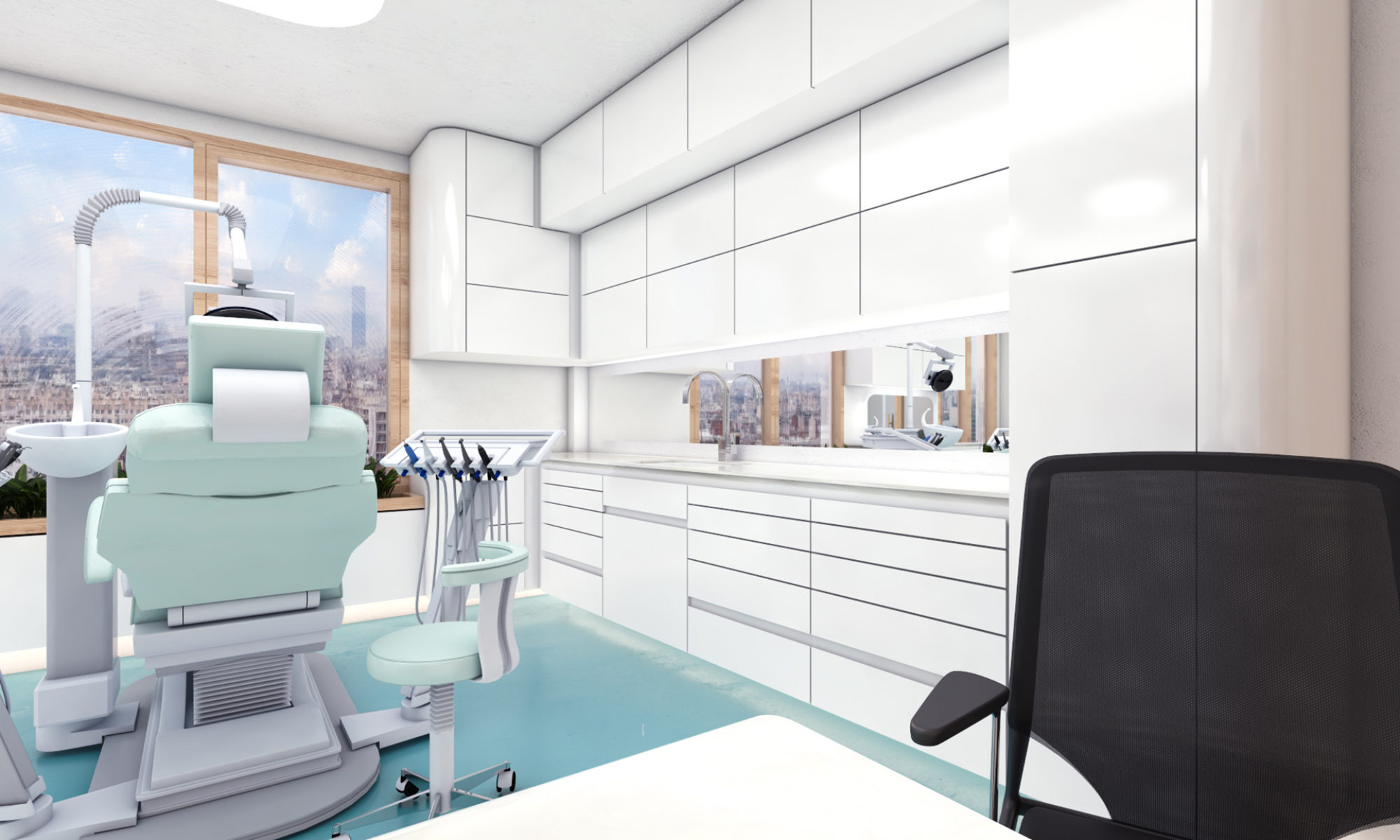
Why do teeth fall out
Each tooth is in its own hole and is securely held in it thanks to the periodontium. This is a whole complex of tissues, which includes root cementum, periodontal ligament and alveolar bone. They perfectly perform the supporting and holding functions until inflammatory processes begin in the tissues. As a rule, the latter occur due to poor oral hygiene.
Already two hours after brushing your teeth, plaque begins to accumulate on them. It consists of particles of food, saliva, minerals contained in it, as well as bacteria. They are especially numerous near the gums and between the teeth. Over time, plaque mineralizes and turns into tartar. It is he who is the main cause of most dental diseases, including those associated with periodontal disease.
Inflammation of the tissues holding the tooth in the hole can be quite difficult to proceed against the background of metabolic disorders, diabetes, thyroid disease, hypovitaminosis and osteoporosis.
Causes of tooth loss in adults
The acids contained in the plaque destroy the hard tissues of the teeth over time and provoke inflammation in the gums. This is how diseases begin, due to which teeth fall out in adults.
Periodontitis Long-term plaque is fixed on the teeth and begins to mineralize. Gradually, it descends below, under the gum, causes inflammation and begins to destroy the ligament that holds the tooth in the bone. As a result, the periodontal ligament and bone tissue are destroyed, and the tooth becomes mobile.
Periodontitis If you do not treat caries, then gradually the infection penetrates first into the dentin, then into the pulp of the tooth, and then gets to the periodontal tissues. This inflammation leads to tooth decay and subsequent loss.
Signs of imminent tooth loss:
- changes in the appearance of the gums (swelling, redness);
- the appearance of an unpleasant odor;
- tooth instability.
If you have these signs, see your dentist. He will diagnose and prescribe treatment using modern techniques. The doctor will do his best to save your tooth.
Tooth fell out: what to do
The loss of even one tooth leads to changes in the dentition and disruption of the dentition. As a result, a number of problems can arise:
- jaw misalignment;
- increased stress on healthy teeth;
- overload of the muscles of the face and temporomandibular joints;
- headaches.
If all the teeth have fallen out, the proportions of the face change, and the person seems older than he really is. Therefore, with partial or complete adentia, it is necessary to restore the integrity of the dentition as soon as possible. One of the most effective methods is implantation.
The artificial root performs all the functions of a real one and is securely fixed in the bone tissue. An aesthetic crown is placed on it. Due to the high precision of manufacturing, it does not differ at all from real teeth.
Implants will help restore the functioning of the dentition, even if all the teeth have fallen out, thanks to the All-on-4 and All-on-6 prosthetic methods. Implantation is the only way to completely restore the dentition, in which there is no feeling of artificial teeth.
The loss of even one tooth negatively affects the functioning of the dentition, so it is better to promptly seek help from a dentist. He will find out the cause of tooth loss in adults and prescribe an effective treatment that will help to avoid functional changes.
How to protect your teeth from falling out
- Brush your teeth regularly and properly. To maintain oral health, it is important to brush your teeth twice a day – in the morning and in the evening. For best results, use a floss or irrigator, as well as a rinse.
- Go to preventive examinations to the dentist. This will help maintain healthy teeth and gums, prevent the occurrence of diseases, and take the necessary measures in a timely manner.
- Visit regularly for professional oral hygiene. After this procedure, your teeth will become smooth and shiny, tartar and bacteria living in them will disappear, and the condition of the gums will improve.
- Eat right. The diet should contain foods rich in trace elements and vitamins that are important for health.
- Give up bad habits. Smoking and alcohol adversely affect oral health.
Proper oral care, professional hygiene and regular check-ups at the dentist will help prevent tooth loss. But if you are faced with such a problem, we recommend that you do not delay a visit to the doctor. He will diagnose, prescribe treatment and help restore the integrity of the dentition using reliable methods.
